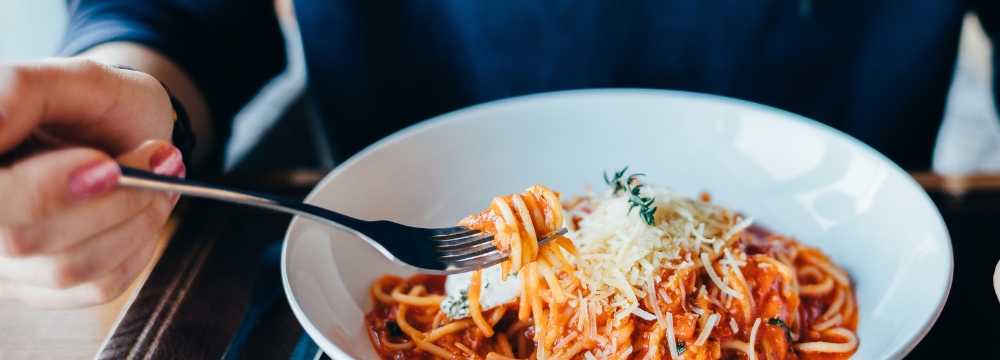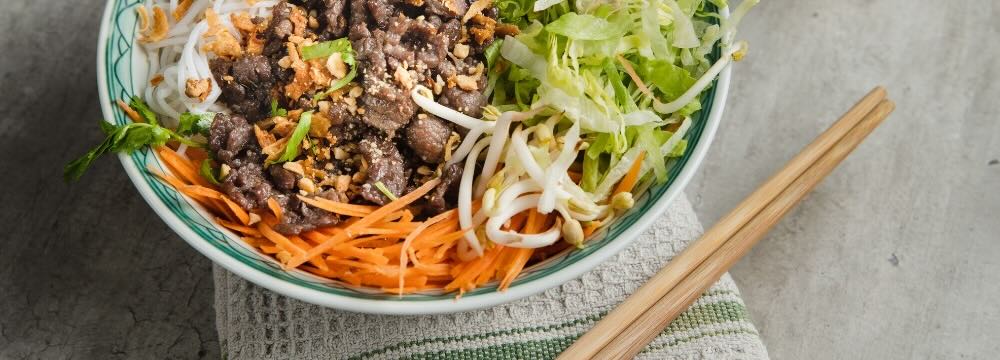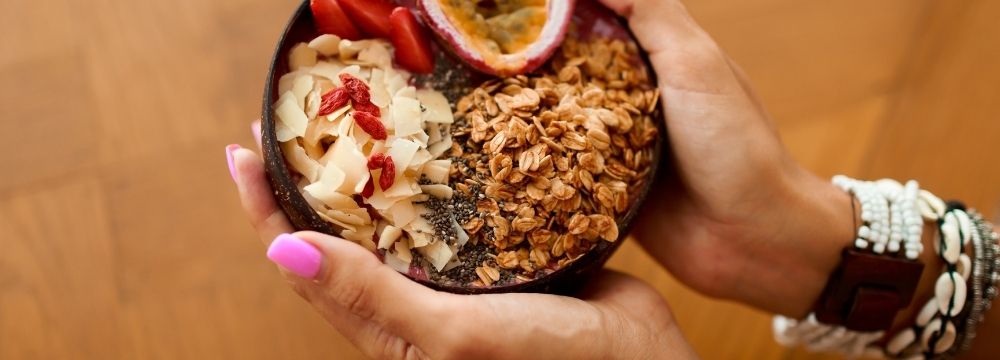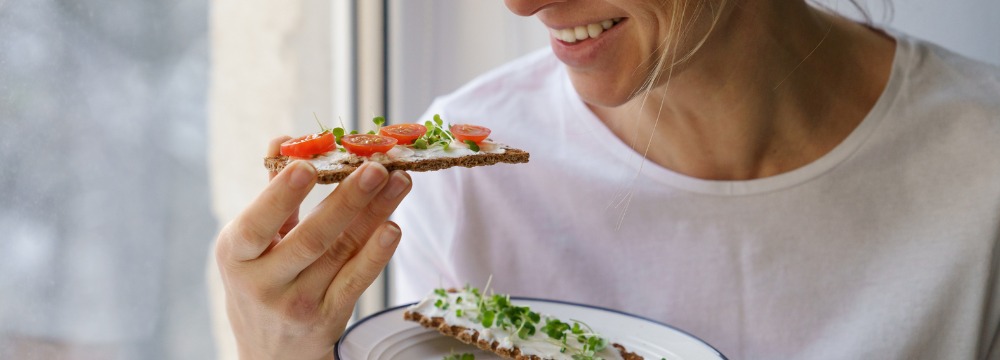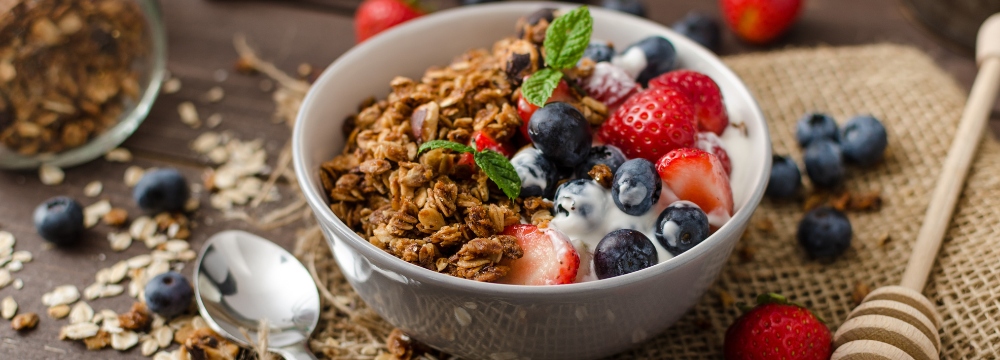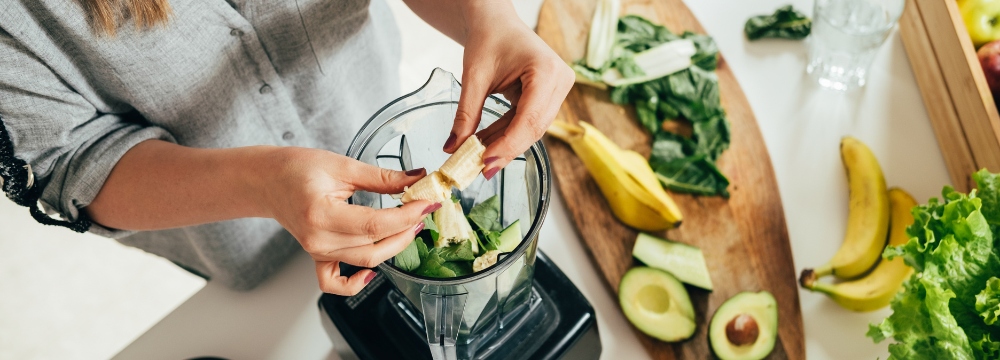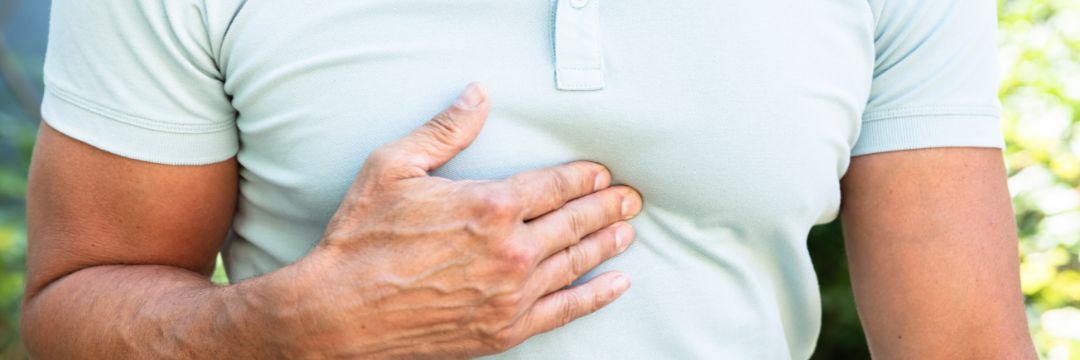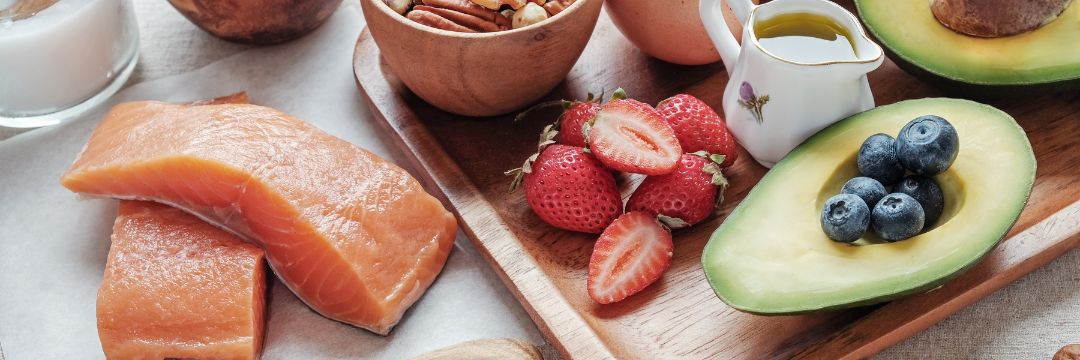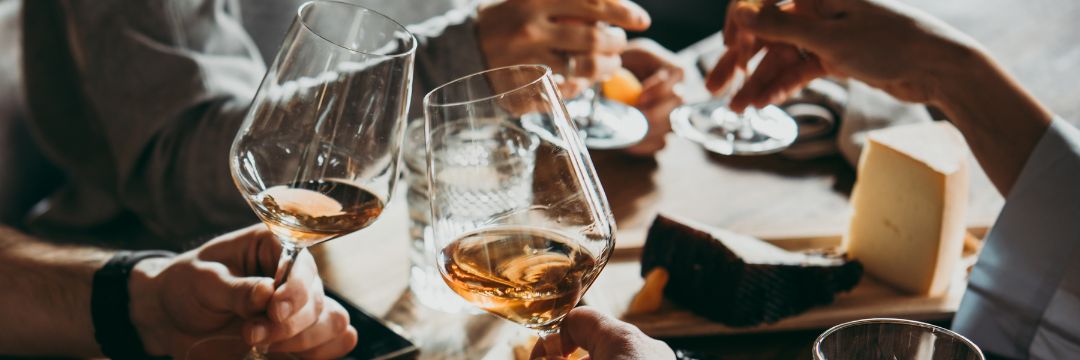Diet
One of the most discussed principles of effective weight loss—and, frankly, good health—is hydration. Few inexpensive and accessible options for staying healthy are better than water or other low-calorie hydrating drinks. In this article, we’ll talk about hydration related to carb consumption and what that means for your weight loss efforts.
Have you ever noticed that you tend to eat more when dehydrated? Not only that, but have you found that your cravings for carbs increase? There’s something to be said for that, and science backs it up. Studies show that our desire for bread, pasta, alcohol, and generally sugary foods and drinks increases when dehydrated.
With that said, how do we know that the hunger we are experiencing is due to dehydration? And how can we ensure that we don’t start consuming too many carbs?
Understanding Carbs: Necessary or Problematic?
First and most important is understanding carbohydrates and why they are necessary in moderation, but problematic in excess. Carbs are critical to our body’s functioning. We need them, which is why extreme diets like ultra-low or no-carb tend to fail.
We need carbs for energy, and their glucose allows every cell in the body to function normally. Without carbs, our bodies tend to use muscle mass for energy. While we may think we are losing weight, it’s not the right kind of weight loss.
It’s also important to distinguish good carbs from bad. Good carbs like whole grains benefit digestion and help keep hunger at bay. When we talk about bad carbs, however, we are referring to added sugar, white bread, pasta, rice, and refined grains—the kinds that are less nutritionally dense and don’t fill us up, but instead give us a quick hit of sugar.
The Role of Dehydration in Carb Cravings
On the other hand, we must understand dehydration. As little as a 1–2% loss of body water can create significant physical and psychological imbalances. We may feel tired, hungry, anxious, or even depressed—all these negative feelings may occur because of a simple and seemingly minor deficit in hydration.
What to Do
First, it’s essential to take cues from your body to determine whether you are truly hungry and in need of carbs or simply compensating for a lack of hydration. The first way to do this is to measure how much you’re eating.
- If you are hungry immediately after eating a meal, this is more likely due to dehydration than hunger.
- If you haven’t eaten much and performed significant physical activity, your body may be craving carbs and hydration.
- If you’ve had plenty to drink and still feel hungry, your body might need carbs to compensate for the caloric burn from the strenuous activity.
The Comfort Factor of Carbs
Lastly, sometimes we eat carbs as comfort food. Whether you are a bariatric patient or not, this isn’t unusual nor necessarily bad. Occasional indulgences can take the edge off a hard day or a particularly stressful event. However, even during these times, it’s important to moderate your intake.
Develop a pattern of moderation in exercise, food, and drink. Maintaining balance always helps you understand what your body needs and wants. It also gives you an objective measure to avoid consuming too much and getting off track.
Similarly, these indulgences should remain occasional. Once you’ve indulged, don’t make it a daily pattern just because it made you feel better. Try finding other “rewards” for a treat like picking up a new book, treating yourself to that manicure, watching a fantastic new show, or – best yet, getting to bed early.
The Bottom Line
Staying hydrated is one of the easiest and most effective ways to manage carb cravings and support weight loss. Before reaching for carb-heavy foods, check your hydration levels first—it might just be your body’s way of asking for water, not more food.


